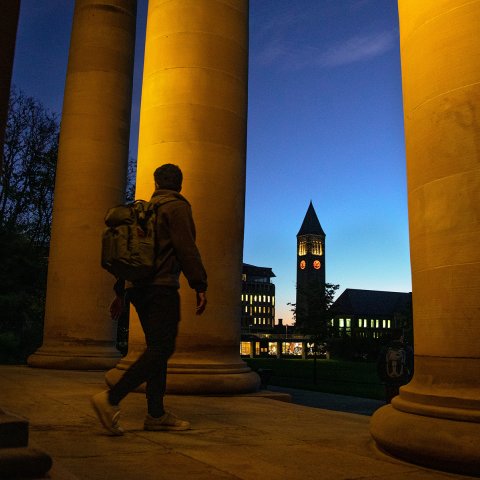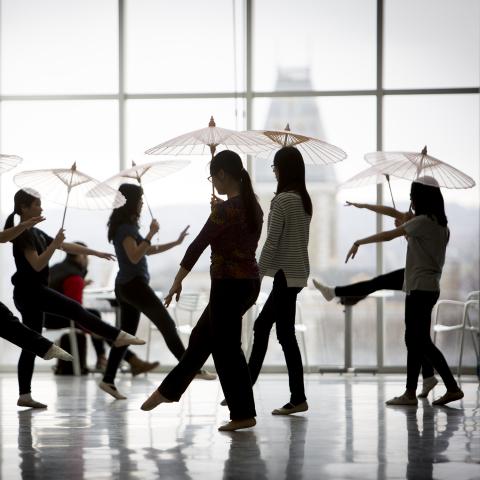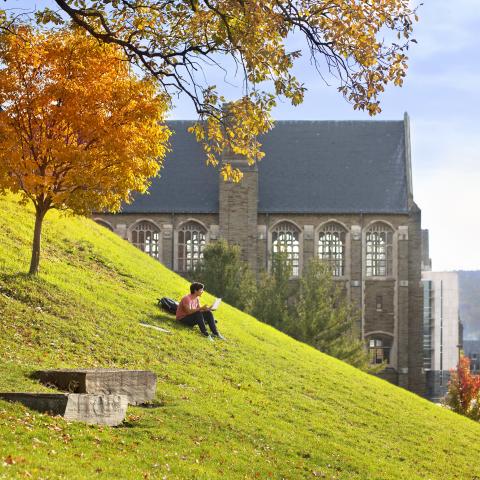Next Up (students): Enter the U.S.
Next Up (faculty/staff): Enter the U.S.
Visa Delays
The U.S. Department of State provides estimates of how long it will take to obtain a visa appointment at different consulates. Unfortunately, sometimes consulates are backlogged and do not have convenient availability.
What if I can't get a timely visa appointment?
Alert: U.S. embassies and consulates are now scheduling new visa interview appointments, with enhanced protocols for screening applicants’ digital footprints. Expect delays. Read Guidance: Visa Interview Scheduling and Screening.
If there are no appointments available before your expected start date at Cornell, we recommend scheduling the first available appointment, even if it is far in the future. Some consulates allow applicants to request an expedited appointment. Each consulate has its own policies and processes for this. You should also continue to check appointment availability regularly, as sometimes a cancellation will open up an earlier available appointment.
You can typically only apply for a visa stamp at a consulate or embassy that has jurisdiction in your country of residence.
Administrative Processing Delays
We know that any delay in processing your visa is extremely frustrating. Unfortunately, recent immigration policy changes mean that some Cornell international students, faculty, and visiting scholars are waiting longer than in the past.
Some visa applications are delayed for "administrative processing." This is extra time allowed for U.S. government agencies to review potential security issues. Security clearances can add significant time to the visa application process, since multiple agencies may need to review your materials.
The Department of State aims to complete administrative processing within 30 days, but some cases take far longer. Once the U.S. consulate has initiated the process, administrative processing can’t be stopped until it is completed in Washington, D.C.
International Services may help facilitate a connection with congressional liaisons after 180 days, but please understand that Cornell is unable to expedite the clearance process.
Learn more about administrative processing.
Will I face delays?
Here are some factors that may increase the likelihood of administrative processing:
- Citizenship, nationality, or country of birth: Visa applicants who were born in or are nationals or citizens of certain countries may face scrutiny. Applicants from countries officially designated as state sponsors of terrorism always undergo a security clearance. Other countries may also be targets for enhanced scrutiny—it is not always clear whether or why this happens.
- Field of study or research: Administrative processing is often required for students and scholars conducting research in certain academic fields. There is no publicly available list of academic fields that trigger a security clearance. Our experience has been that most science-oriented fields can trigger administrative processing.
- Common name: Processing requires a NCIC criminal clearance. For those with common family names (Smith, Kim, Mohammad, Martinez, etc.), false hits occasionally occur.
- Citizenship and field of research: Although there is no official statement to this effect, recent trends suggest that citizens of Russia, China, and India who are engaged in scientific research are more frequently subject to longer administrative processing.
Preparing for Administrative Processing
Our recent experience shows that visa applicants who are at risk for administrative processing may benefit by including a research plan with their visa application materials. These documents will not deter administrative processing, but may expedite the clearance.
Your research plan should include following:
- Your name, degree level or academic appointment title, and number of years you have been in your current academic program or position
- Amount and source of your funding
- When you are expected to return to Cornell to continue your studies or research position
- Overview of your research. Be sure to include a detailed nontechnical description of the project and specify whether 1) it is basic or applied research, and 2) it has military or defense applications.
We also recommend obtaining a brief, nontechnical letter from your academic advisor or principal investigator that describes the project or area of research and how your work fits into the research group's goals.



